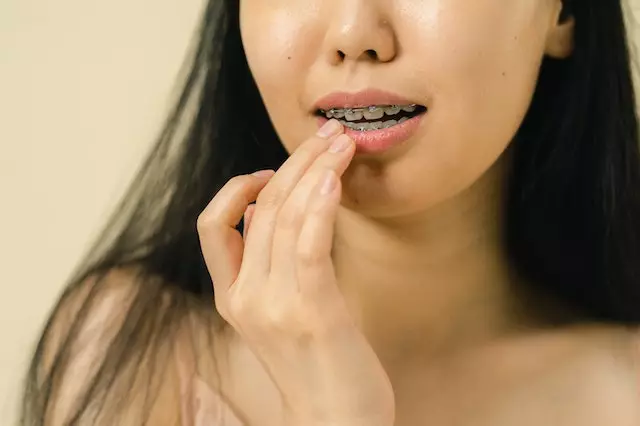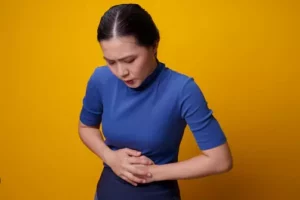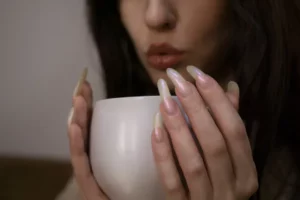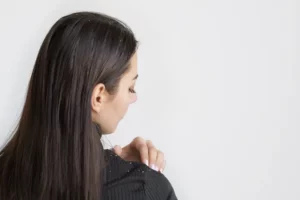You wake up and oh no– the dreaded pimple on lip. While acne can break out anywhere on your body, doesn’t a pimple on your lip always seem so much worse? They’re smack dab, right in front of your face for all to see. They’re in a spot that is difficult to heal due to constant eating and talking throughout the day. They also can be super painful due to the skin on the lips being thinner and more sensitive than the skin on other parts of the face.
What Causes Lip Pimples?
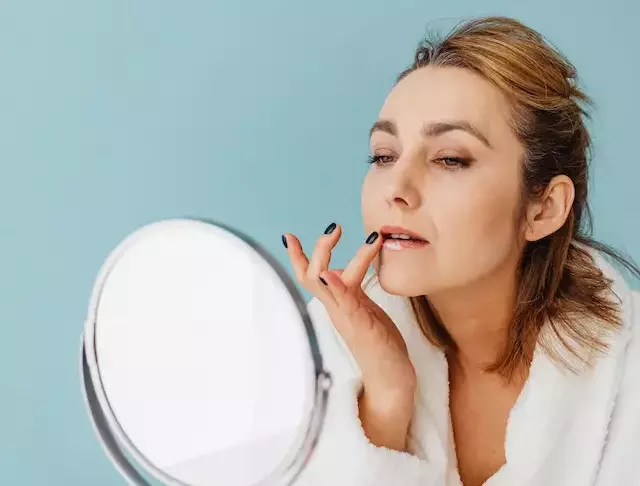
Pimples on the lip are usually caused by the same factors that contribute to pimples on other areas of the face. The most common cause is a blockage in the hair follicles or pores, which can occur for a variety of reasons, including:
Excess oil production: The skin on the lip, like other areas of the face, has oil glands that produce sebum. When too much sebum is produced, it can mix with dead skin cells and clog pores, leading to the development of pimples.
Bacteria: When the hair follicles or pores on the lip become clogged, it creates an ideal environment for the growth of bacteria. This can cause inflammation, leading to the formation of a pimple.
Hormonal changes: Hormonal changes, such as those that occur during puberty, menstruation, or pregnancy, can lead to increased oil production and a higher likelihood of developing pimples.
Poor hygiene: Infrequent or improper cleansing of the skin can lead to the buildup of dead skin cells, oil, and bacteria, which can contribute to the development of pimples.
Stress: Stress can trigger hormonal changes that increase the production of sebum and contribute to the development of pimples.
Viral Infections: HSV (herpes simplex virus) is a highly contagious virus that can cause blisters and sores on your lips, mouth, and throat.
Can Eating Oily Foods Cause a Pimple on Your Lip?
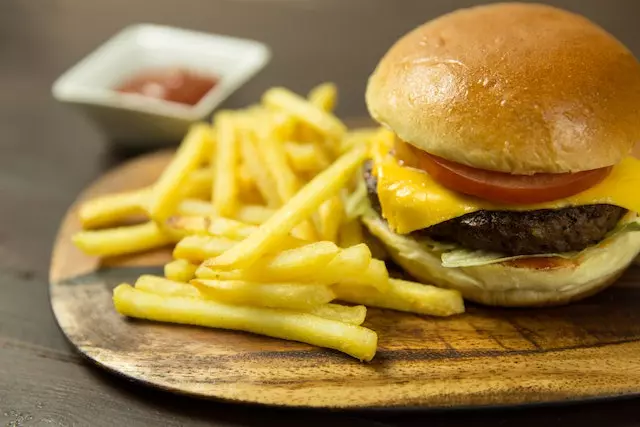
While there is no direct scientific evidence that shows a clear link between eating oily or greasy foods and developing pimples on the lip, some studies suggest that consuming foods that are high in sugar, refined carbohydrates, and unhealthy fats can contribute to the development of acne in general.
When you consume high amounts of these types of foods, your body’s insulin levels can increase, which can trigger the production of androgen hormones. These hormones can stimulate your skin’s oil glands to produce more sebum, which can clog pores and lead to the development of pimples.
Additionally, eating greasy or oily foods can lead to oil and food residue on the lips, which can potentially clog the pores and cause pimples to form.
Get Rid of a Pimple on Lip At Home
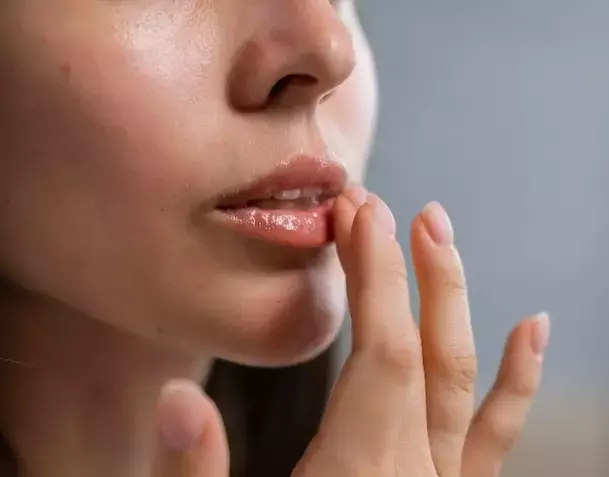
There are a few things you probably have at home right now that can help heal your lip pimple fast. Some popular home remedies include:
- Toothpaste: Dab a small amount of toothpaste onto the pimple and leave it on overnight. In the morning, wash your face as usual. The toothpaste will help dry out the pimple and reduce redness.
- Tea Tree Oil: Tea tree oil is an antibacterial agent that can help fight the bacteria that cause breakouts. Dilute tea tree oil with water and apply it to the pimple with a cotton swab. Leave it on for 10 minutes, then wash your face as usual. Repeat this process several times a day until the pimple is gone.
- Ice: Ice can help reduce swelling and redness around the pimple. Wrap an ice cube in a clean cloth and hold it against the affected area for 10 minutes at a time. Repeat this process several times throughout the day until the swelling goes down.
- Warm Compress: If you’re not a fan of the cold, you can also try to apply a warm compress to get rid of a pimple on your lip. Soak a clean washcloth in warm water and hold it against the pimple for 10-15 minutes a few times a day. This can help to reduce inflammation and encourage the pimple to come to a head.
- OTC Creams: You can also apply an over-the-counter (OTC) acne spot treatment that contains ingredients like benzoyl peroxide or salicylic acid. These ingredients will help to dry out the pimple and speed up healing time. If home remedies don’t work, you may need to see a dermatologist or doctor who can prescribe stronger medications, such as retinoids or antibiotics.
- Leave It Alone: As tempting as it may be, try not to pick or pop the pimple. Popping the pimple can introduce bacteria and cause the pimple to become more inflamed or infected. Your hands may also contain dirt and oils that will transfer on to the pimple, only making it worse and longer to heal.

